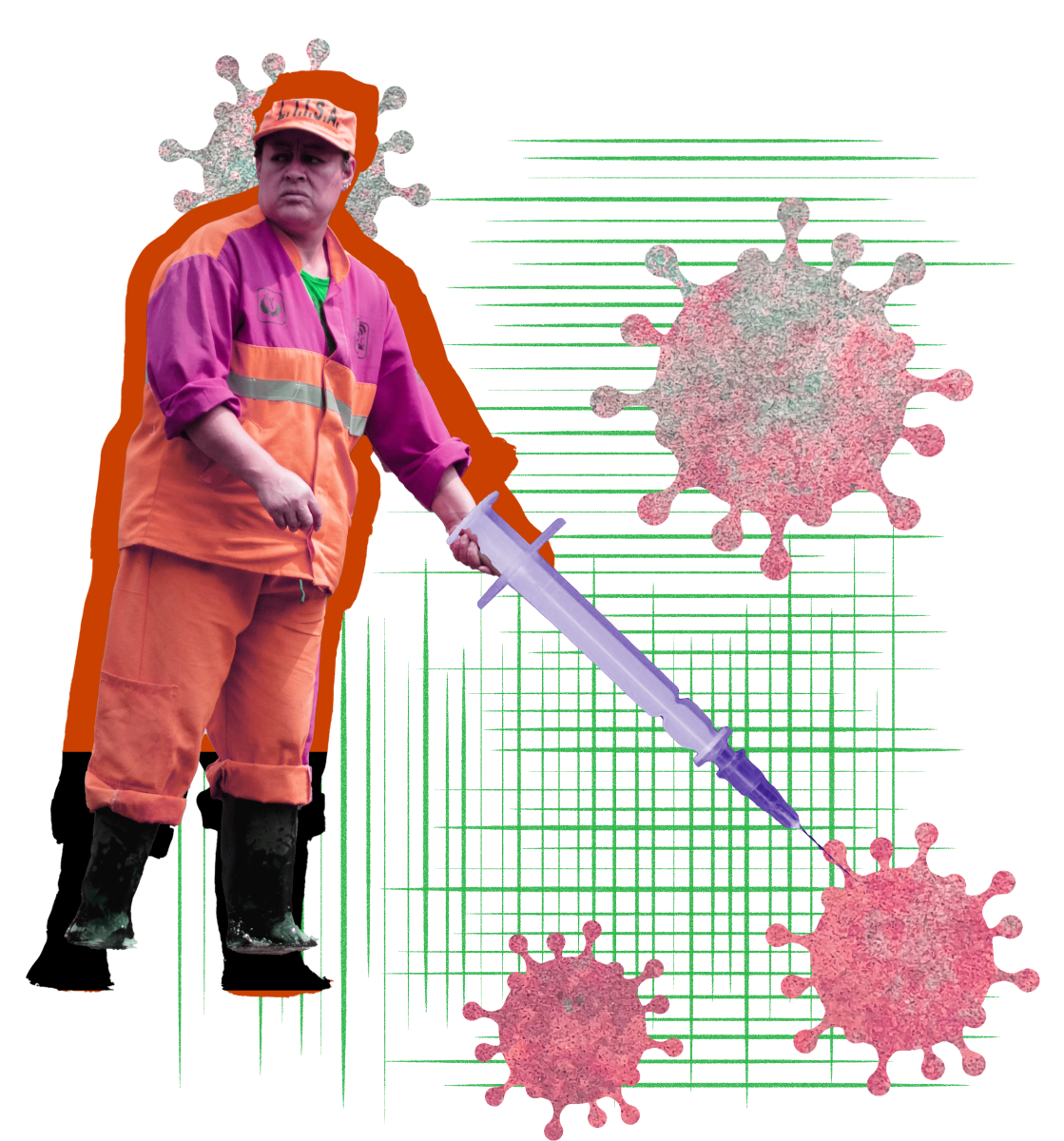The compost bins outside GDS on Fridays didn’t come from thin air.
NJIT Green has been stirring up a storm—they’re on Instagram, on posters, composting outside of GDS. They’re hosting a waste audit on October 25. But they’re not the Green Team.
The Green Team is a recognized club on campus that was formed in Spring 2018, while NJIT Green is a movement that began on campus during Summer 2018. The founders of NJIT Green, Shanee Halevi and Kush Patel, met over the summer and discussed their vision of a greener, more sustainable campus, and created NJIT Green as a platform to make change.
Now, NJIT Green and Green Team have overlapping members, but work toward similar goals in different ways; NJIT Green develops programs and proposals for changes across campus, while the Green Team helps with funding, hosting events, and gives students a chance to gain volunteer hours.
NJIT Green’s mission statement revolves around three overarching goals: education, collaboration, and advocacy. Their objectives are as such:
- To educate students, clubs, and organizations on campus on how to reduce waste, reuse resources, and execute events in a sustainable fashion.
- They want to hold composting events with other clubs,
- To make policy changes and change the culture on campus.
Though they have not yet been recognized by Student Senate or administration as a committee or club respectively, NJIT Green has already proved they can hold their own and take the initiative to make things happen.
For example, within days starting the fall semester, members of NJIT Green mapped the locations of all trash and recycling bins in NJIT’s busiest buildings to make recycling easier and efficient. On September 26, NJIT Green hosted an event in Laurel Hall to educate resident assistants on the wastefulness of single-use items, and how to be environmentally friendly in an urban dorm.
They have held composting demos at GDS on a weekly basis since September 21 and partnered with local farms to divert our campus’ food waste there. Determined to spread awareness and reach their goals, NJIT Green has teamed up with Campus Cleanup Club and Engineers Without Borders to hold events on campus, which they promote through social media.
“NJIT Green has a vision to be a committee of Student Senate … to have power to make real, positive change efficiently,” Patel stated. Halevi agrees that a Green committee would be an effective route to make policy changes on campus, mirroring senate structures in other NJ colleges.
“I think sustainability initiatives deserve an entire planning board,” Halevi explains. “Think about all the environmental complaints you’ve had: my floor doesn’t have clear recycling bins; I see too much food waste at events; I wish there were more trees on campus. These are all things you’d expect your governing bodies to address, but there isn’t a designated team right now.”
“NJIT Green is filling that gap by doing the work on our own time, because it needs to be done. We believe in being the change we want to see.”














































